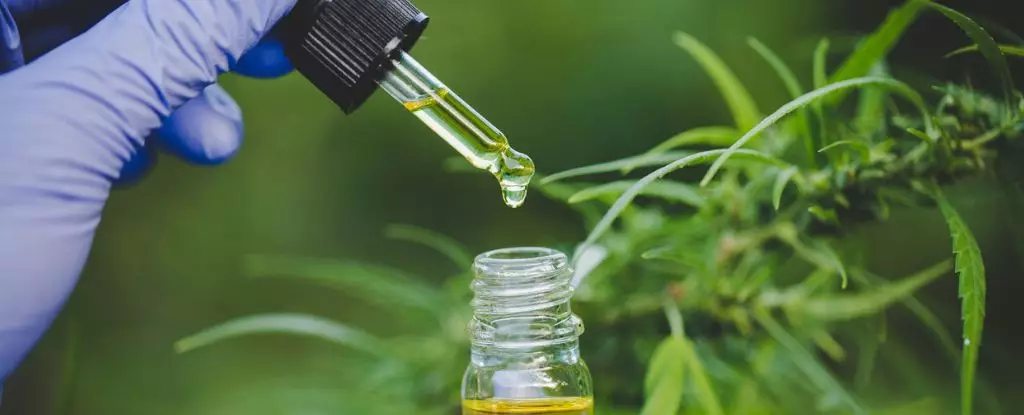Cannabigerol (CBG) is a lesser-known compound found in cannabis plants that is gaining attention for its potential benefits. Often referred to as the “mother of all cannabinoids,” CBG has the ability to rapidly metabolize into both CBD and THC. In a recent human clinical trial, 34 healthy users reported significantly reduced feelings of anxiety and stress after taking a tincture of CBG compared to a placebo. This surprising result, along with slightly better performance on verbal memory tests, has sparked interest in the potential therapeutic effects of CBG.
While CBD is the most famous non-intoxicating cannabinoid known for its potential to treat insomnia, anxiety, and chronic pain, the scientific evidence behind its efficacy is often lacking. The same can be said for CBG, as researchers caution against making unfounded claims about its miraculous properties. The need for replication and further research is emphasized to prevent the hype around CBG from overshadowing the actual scientific evidence.
Despite being found in trace amounts in cannabis plants and historically overshadowed by THC and CBD, CBG has shown promising results in preclinical studies. Animal studies have indicated potential anti-inflammatory and pain-relieving effects of CBG, as well as its ability to reduce seizures in models of child epilepsy. The recent experiments conducted on CBG aim to fill the gap in knowledge surrounding this lesser-known cannabinoid.
In the clinical trial led by psychologist Carrie Cuttler and her colleagues at Washington State University, participants took a placebo or a CBG tincture without knowing which they received. Results showed that those who took CBG reported lower levels of anxiety on a global test, although not on a more specific anxiety test. While the initial findings align with a prior survey indicating that CBG users often consume the extract to manage anxiety and depression, further research is needed to fully understand the effects of CBG on mood and mental health.
As CBG gains popularity and more producers make bold claims about its effects, Cuttler warns against unsubstantiated claims. Replication and rigorous research are essential to confirm the potential benefits of CBG and avoid premature conclusions about its efficacy. Despite the promising results of the recent clinical trial, further investigation is needed to determine the full range of effects and potential applications of CBG in medical treatments.
Overall, the rise of CBG as a potential therapeutic compound in cannabis plants presents exciting possibilities for the future of cannabinoid research and medical treatments. However, it is crucial to approach these findings with caution and continue to conduct comprehensive studies to fully understand the effects of CBG on various health conditions.


Leave a Reply